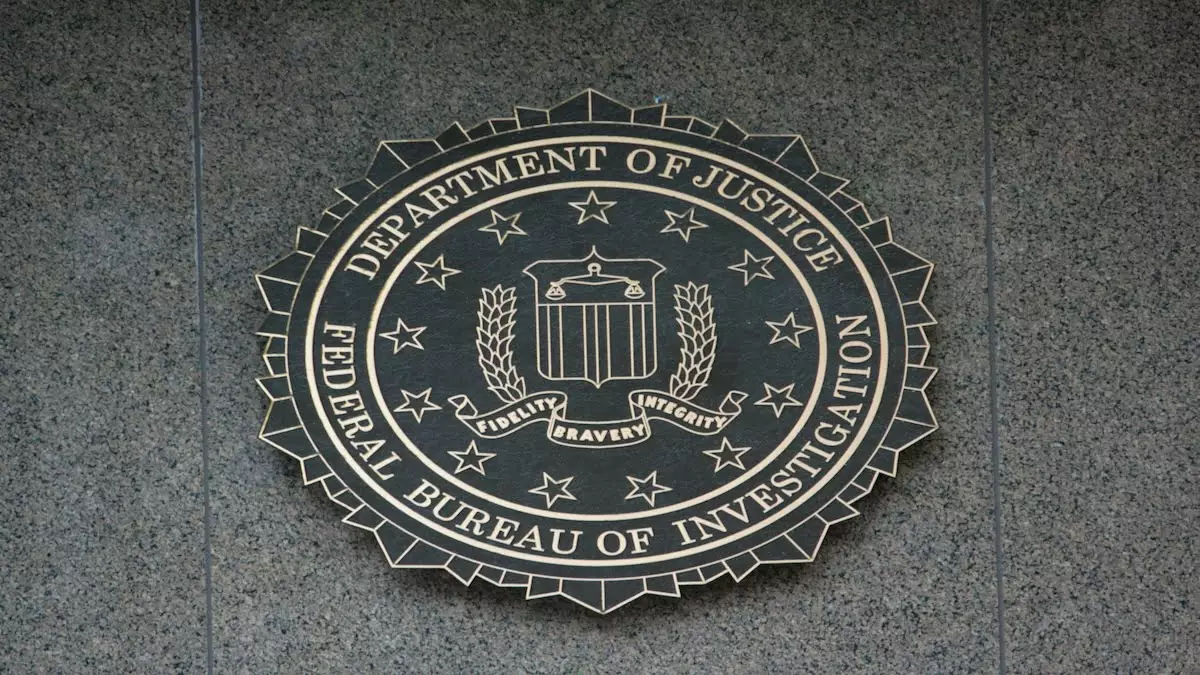In a groundbreaking decision, the FBI has opted to utilize Non-Fungible Tokens (NFTs) to return $1.14 million to victims of the CluCoin fraud. This marks a significant shift in the way law enforcement agencies engage with victims of fraudulent activities. Through the use of NFTs, the FBI plans to streamline the process of reaching out to victims and providing them with the necessary instructions to reclaim their stolen funds. By incorporating vital recovery information within the NFTs themselves, the FBI can ensure that only legitimate victims are guided towards the restitution process, thereby reducing the risk of further fraudulent activities targeting them.
This particular case involving the CluCoin fraud victims could signal the beginning of a new era in law enforcement, where NFTs play a crucial role in a variety of legal and governmental contexts. NFTs’ secure and transparent nature makes them an ideal tool for enhancing accountability and upholding the integrity of legal transactions in the digital age. Envision a future where NFTs are employed to securely verify identities, communicate restitution claims, and manage legal documents with efficiency and accuracy. The FBI’s use of NFTs to assist CluCoin fraud victims may serve as a blueprint for the broader integration of NFT technology in civil and criminal cases as it evolves.
As the application of NFTs in law enforcement expands, regulatory bodies are beginning to intervene to establish standardized guidelines for the governance of these digital assets. Presently, NFTs operate within a relatively unregulated environment, characterized by varying rules across different jurisdictions. With law enforcement agencies increasingly leveraging NFTs in their investigative processes, the necessity for cohesive regulatory frameworks becomes more apparent. This shift may also foster collaborations between government entities and blockchain platforms, as effective policies are developed to protect financial crime victims and their digital assets.
The CluCoin case exemplifies the innovative use of crypto assets such as NFTs in modern law enforcement practices. Through the successful recovery of funds stolen from CluCoin investors using NFTs, the FBI has demonstrated the potential for NFT technology to serve as a cornerstone of “digital policing” within the cryptocurrency realm. As NFTs continue to mature, they may even emerge as a defining feature of digital law enforcement strategies, reshaping how financial crimes are investigated and addressed in the future.
The integration of NFTs into law enforcement represents a significant paradigm shift in how legal transactions are conducted in the digital landscape. The FBI’s pioneering use of NFTs to aid CluCoin fraud victims underscores the transformative potential of this technology in enhancing accountability, transparency, and efficiency within the realm of financial crime investigations. As regulatory frameworks for NFTs evolve, collaboration between law enforcement agencies and regulatory bodies will be essential to ensure the effective protection of victims and their assets. The utilization of NFTs in law enforcement marks a new chapter in the intersection of technology and justice, paving the way for a more secure and streamlined approach to combating financial crimes in the digital age.

